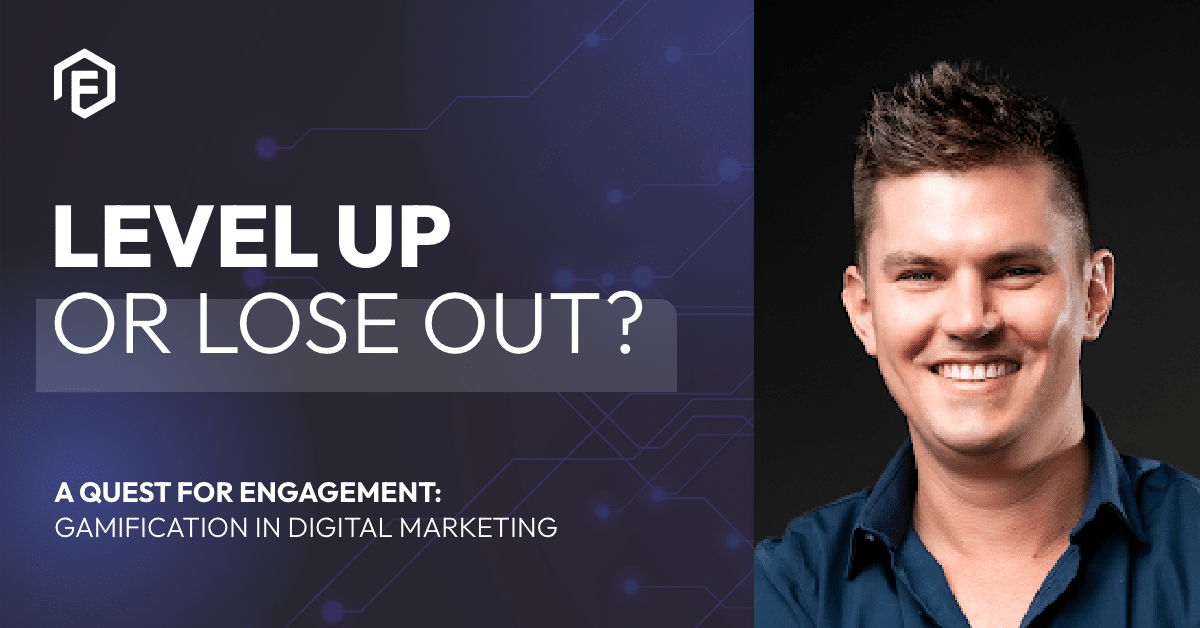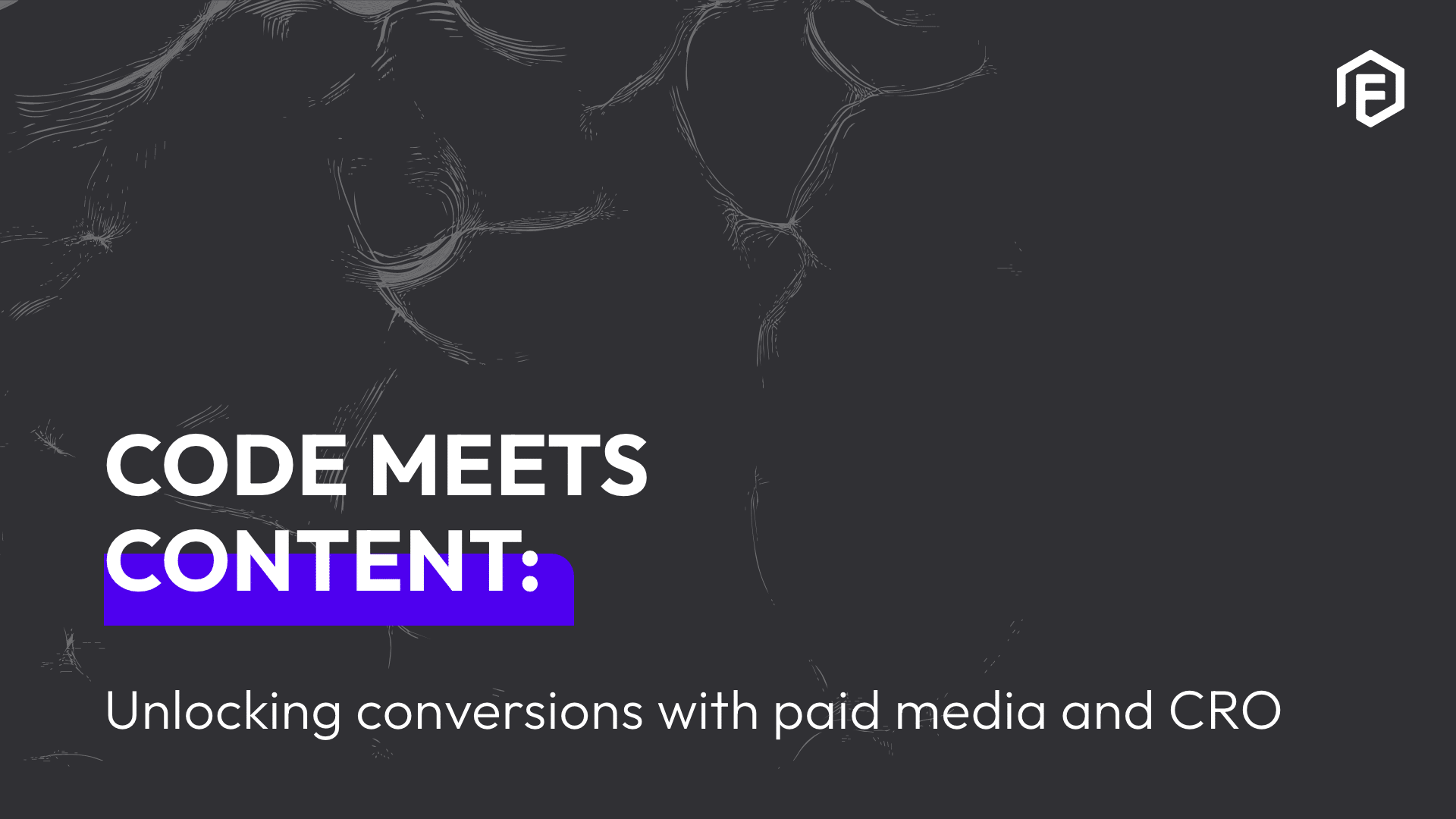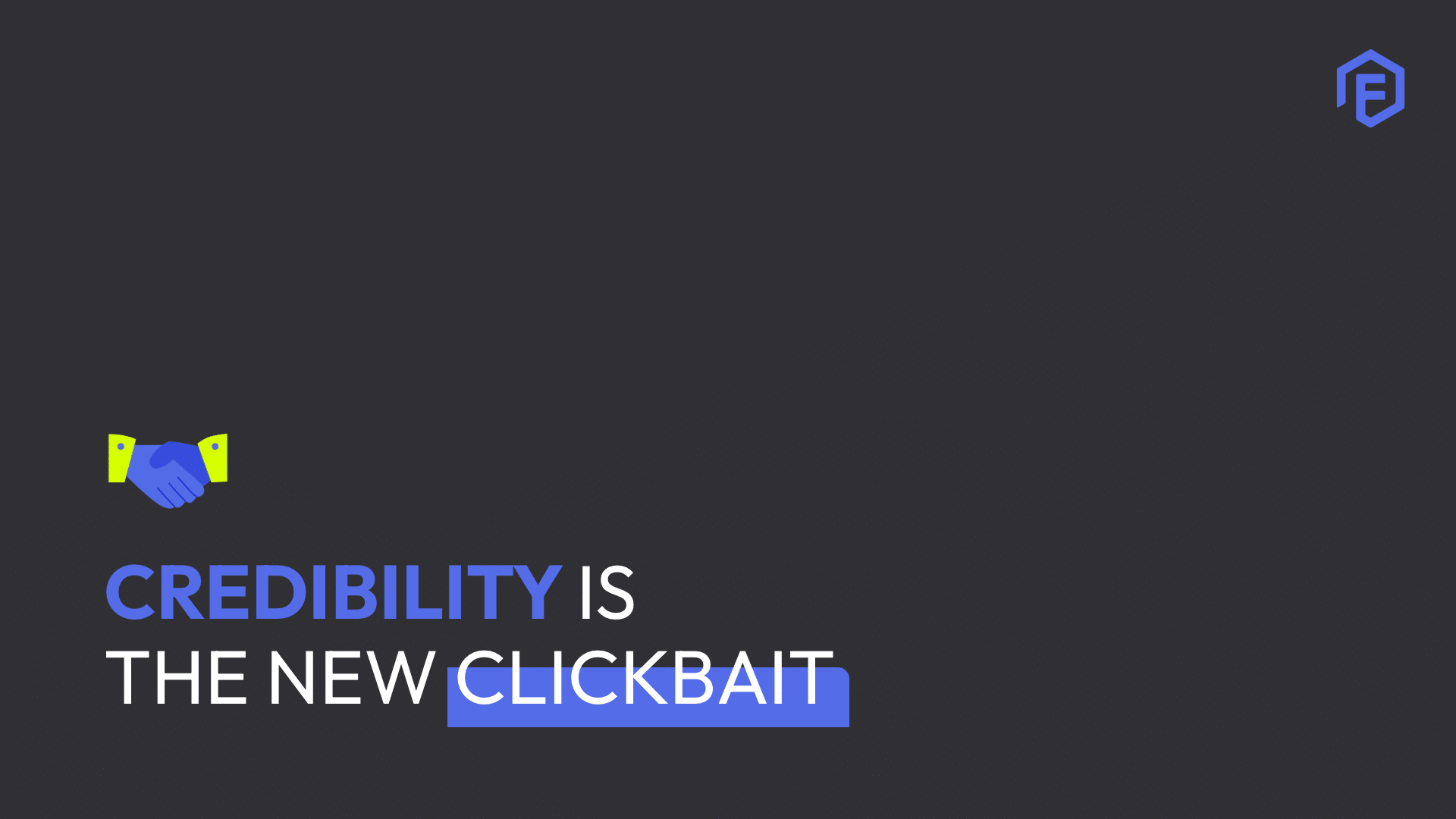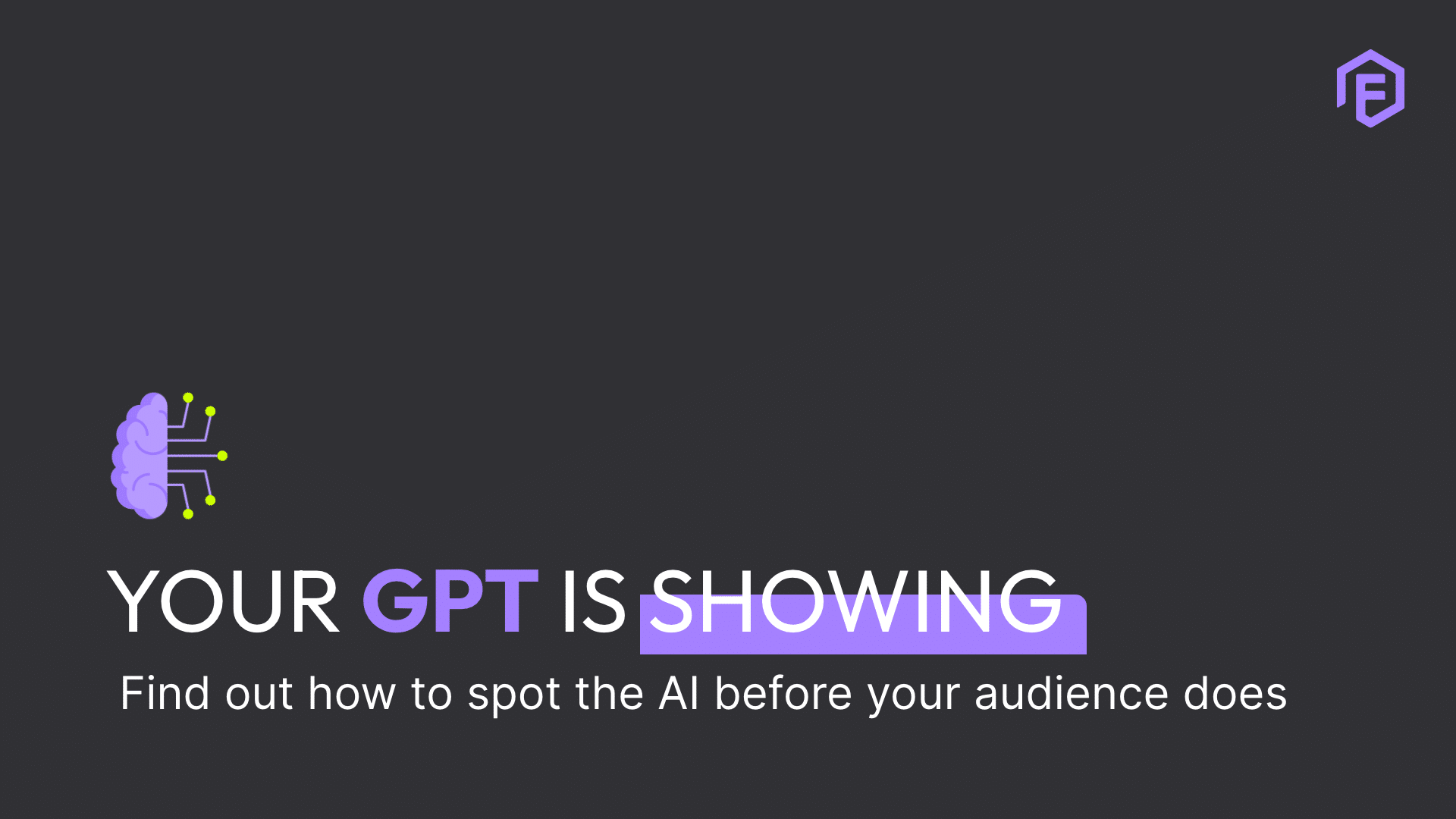Saying ‘content is king’ is like saying ‘prawns are the greatest;’ it’s true, they’re delicious, but the fact that they make my lips and throat swell, resulting in me grunting like a frustrated farm animal in public whenever I eat them, gives me the impression that prawns aren’t the greatest, at least not for me.
So yes, content is king; some content is king to specific people, while different content is king to others. It’s not the one-for-all-and-all-for-one monarchy that the idea of ‘content is king’ is often interpreted as.
Take Mswati III: if I were to state, “Mswati III is King” just as we claim “content is king,” you would not regard such a claim to be absolute. Your natural response would be “King of where?” or “King of who?” You’d want to better understand whether this king likes female swimmers and F1 races while dabbling in a bit of adultery, or whether he is the type of King who sits on a chair with a crown while enjoying some adultery. You’d want a better understanding of this King’s monarchy.
Content is no different. The quality of your content should be considered with the circumstances and environment in which it will live, or be received, in mind.
In order to better understand what I’m trying to convey, let me give you some context.
The idea that ‘content is king’ was made famous by the father of the Internet- Bill Gates- who introduced the thought to the world in an article he wrote in 1996. The crux of the piece was an explanation of how, in time, content would become a commodity that would be bought and sold on the Internet, ultimately resulting in the Internet becoming a “marketplace of content”.
At the time that Bill Gates wrote the article, he stated, “the subscription revenue realised on the Internet is near zero – maybe $20 million or $30 million in total. Advertisers are always a little reluctant about a new medium, and the Internet is certainly new and different.”
Two decades later, the Internet is a very different place from what it was.
The problem that we face on the Internet today isn’t the reluctance of advertisers or Internet subscribers, or the amount of content, or even the quality of content- we have each of these in abundance. The challenge, rather, is to provide content that is relevant to the audiences its intended for.
M.K. Anderson explains in her Hubspot blog post, “Today, as we start to see more companies extend personalisation throughout the entire customer experience, it is becoming clear that while content started us on this path, it is the context that will change everything once again.”
Our objective should be to give our audiences the content they need, in the format that would appeal to them, on the channels they naturally frequent, and that’s considered relevant to the specific stage they are at in the conversion cycle. We need to provide content that is suited to the context of the audiences its intended for.
Context is defined as, “the circumstances that form the setting for an event, statement, or idea, and in terms of which it can be fully understood.”
The problem that arises in the digital, and more specifically social media, worlds that we find ourselves very active in, is that content often lacks context. Consider the racial, religious and political updates you see daily on your social news feeds. Acquaintances and friends express themselves by sharing content that they are moved by and/or feel passionate about, without taking into consideration the past, present, and future circumstances and environments of those who will read the published content. This resulting in a social media war that lacks empathy for those we previously considered it of value to ‘friend’ or ‘follow.’
So how do we market to our audiences in the correct context? It’s simple! Target them. Get to know your audiences, and allow their circumstances to influence your content strategy.
There is an anecdote by David Foster Wallace that reads:
“Two goldfish go out swimming. They come across an older fish headed in the other direction who waves a fin at them and says, “Morning fellas. How’s the water?” Both nod in response, swim away and then turn to each other and question aloud: “What the hell is water?””
The anecdote is mostly about missing the obvious but as explained by David Foster Wallace in his 2005 Commencement Speech “This is Water.” It’s largely about awareness and understanding the circumstances of others, understanding their context.



